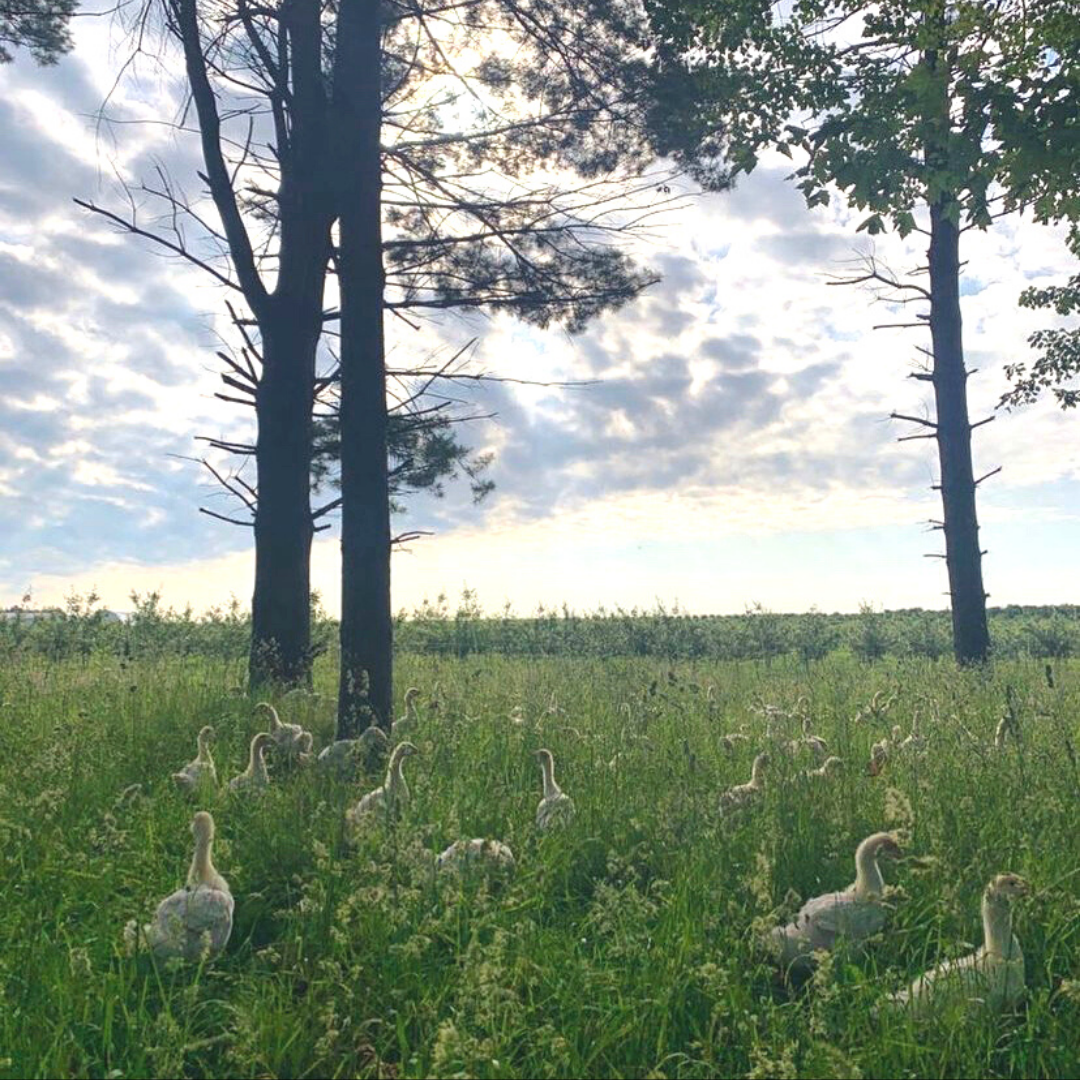Get $60 OFF throughout your first 2 boxes with code HOLIDAY60.
Offer ends in ::
Set your location to shop products local to you.
NIKU Farms
Thank you for your feedback!
If you requested further assistance, you’ll receive an email confirmation and we’ll follow up within 24 hours.
Got more questions? Start a new chat.
End chat
Are you sure you want to end the chat?
Cancel
Are you sure?
Your response has not been submitted. To process your request for further assistance, please hit the 'Back' button below, complete the form and submit your request.
Close Chat
At NIKU Farms, we personally vet each of our partner farms to ensure that they use sustainable farming practices.
But what exactly does it mean for a farm to be sustainable?
Generally the definition of a sustainable farm is one that creates its produce without compromising the ability of future generations to meet their needs with our natural resources and economy.
Here are just a few of the practices a farm can integrate into their routine to maximize sustainability!

1. Renewable energy sources
By maximizing the use of options like solar power, hydro or wind energy rather than electricity, farms can avoid creating harmful pollution.
Did you know that our partner farms Marita Fields and Howick Community Farms are owned by Mennonite families and run without any electricity? They rely on physical labour and mechanical devices to keep their farms running!
2. Crop rotation and regenerative farming
When farms pick and plant their crops rotationally, it allows for the products they plant to get the most out of their crop cycle.
Our partner farm, 5 Chicks and a Farmer, uses a regenerative farming system by moving their cattle to different areas of pasture to allow for it to recover and regrow before moving the cattle back.
These systems improve the health of pasture and crops, and are great for the environment.
3. Pasture-raised animals
All of our farms pasture-raise their animals, which is not only more humane to the animals on the farm, but is also better for the environment!
By having more space to move animals around the pasture, their manure gets spread more evenly and improves pasture growth and other surrounding forage. It also allows the animals raised on pasture to have a more long term high quality of life.
4. Natural pest eliminators and manual removal of weeds
Pests that can harm a farmer’s crops are bound to pop up. There are certain species of birds and bugs that can get rid of these pests, so farmers can create ecosystems that keep these species close to the farm for natural pest control, rather than spraying harmful chemicals around the farm.
If the farm is small enough, there is also the option of manual weed removal rather than using pesticides.
Learn more about NIKU’s partner farms and our sustainability standards.

when you subscribe to our mailing list.